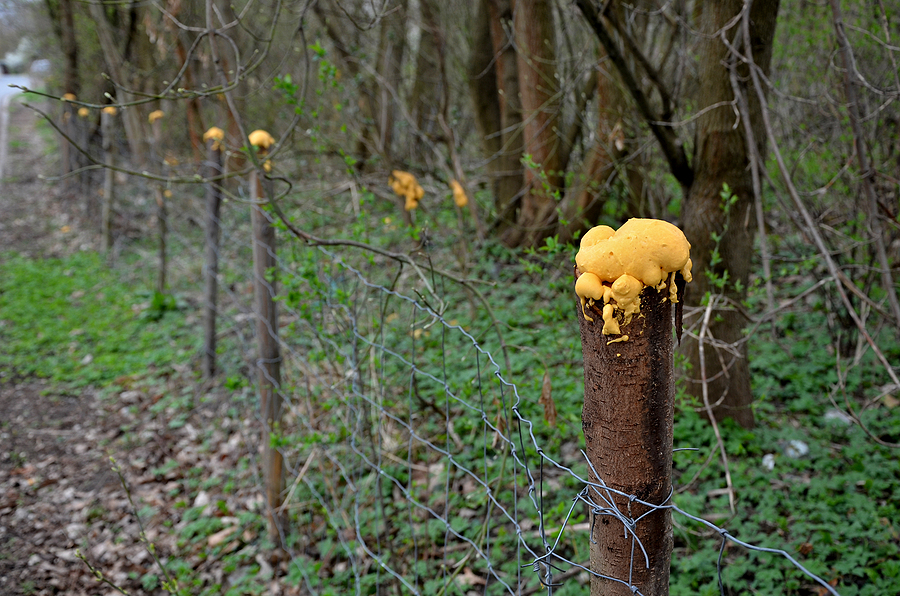Are you looking for ways to keep nuisance animals away from your property? Animal repellents are one of the most effective solutions available. From natural, Eco-friendly options like coyote urine and mothballs to chemical sprays and ultrasonic devices, animal repellents come in a variety of forms. But before you invest in any kind of wildlife control solution, it’s important to understand both the pros and cons associated with each type of animal repellent.
In this blog post, we’ll take a look at some of the different types of animal repellents on the market today and discuss their advantages and disadvantages so that you can make an informed decision about which option is best for your needs.

Common Types of Animal Repellents
Chemical Repellents
One of the most popular forms of animal repellents on the market today is chemical sprays or scented foam repellents. These solutions are typically made from predator urine, skunk oil, or other strong-smelling ingredients that help keep animals away from your property. The advantages of chemical sprays include their effectiveness at deterring animals and their relatively low cost when compared to other types of repellents. However, one disadvantage with using chemical sprays is that they can be harmful to humans if used too liberally around food sources or in areas where people come into contact with them regularly.
Ultrasonic Animal Deterrents
Another common form of animal repellent which has seen a surge in popularity recently are ultrasonic devices. These devices produce ultrasonic sound waves that disrupt the natural habitat of nuisance animals and effectively repel them from your property. The benefits of using ultrasonic devices are that they are non-invasive, relatively inexpensive, and don’t require any hazardous chemicals. However, one disadvantage is that they may not be effective in particularly noisy environments or with certain types of animals.
Traditional OTC Repellents
There are also more traditional forms of animal repellents such as coyote urine and mothballs which have been used for centuries to keep animals away from areas where humans live and work. These solutions are often praised for their effectiveness at deterring a wide variety of wildlife without the use of potentially dangerous chemicals or equipment. On the other hand, these solutions can be expensive when compared to other types of animal repellents and can have an unpleasant smell which may be off-putting to humans.
Homemade Animal Repellent
If you’re looking to keep pesky animals out of your garden or yard but are hesitant to use harsh and potentially toxic chemical sprays, then homemade animal repellent might be just what you need. Not only is it non-toxic, but it’s also chemical-free, making it safe for both the environment and the animals themselves. There are several effective ingredients you can use to make your own animal repellent, such as the putrescent egg, which releases a smell that deters animals, or capsaicin oil, which irritates the eyes and nose of animals, keeping them away from treated areas. You can also mix in ground cayenne and red pepper, menthol oil, and spearmint oil, which animals also dislike. With a little experimenting, you can make a homemade animal repellent that’s both effective and eco-friendly.
Get Rid of Nuisance Wildlife Safely
Ultimately, choosing the right kind of animal repellent depends on your individual needs. It’s important to weigh both the advantages and disadvantages of each type of solution before making a decision about which one is best for you. With a little research and consideration, you should be able to find the perfect animal repellent that meets all of your criteria.
Are you searching for an affordable critter control company that you can trust to safely get rid of problematic animals on and around your property? Contact Smoky Wildlife Control at 615-610-0962 for TWRA licensed and insured wildlife removal and control services in Nashville, Tennessee, Clarksville, and beyond. We also work with many other types of wildlife and serve both residential and commercial clients.
Related Posts:
How to Create the Perfect Squirrel-Proof Bird Feeder
Make This Non-Lethal Animal Repellent Recipe to Get Rid of Raccoons
What to Do When You Find a Dead Animal in Your Yard
